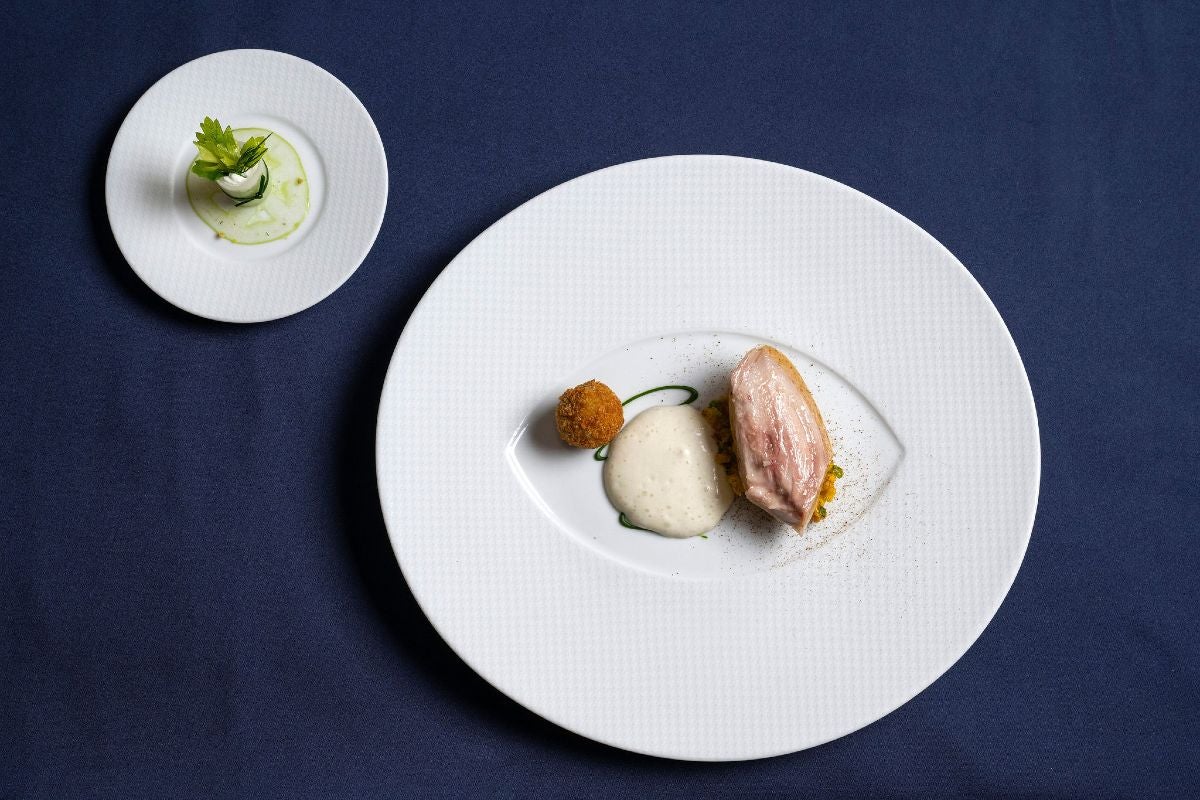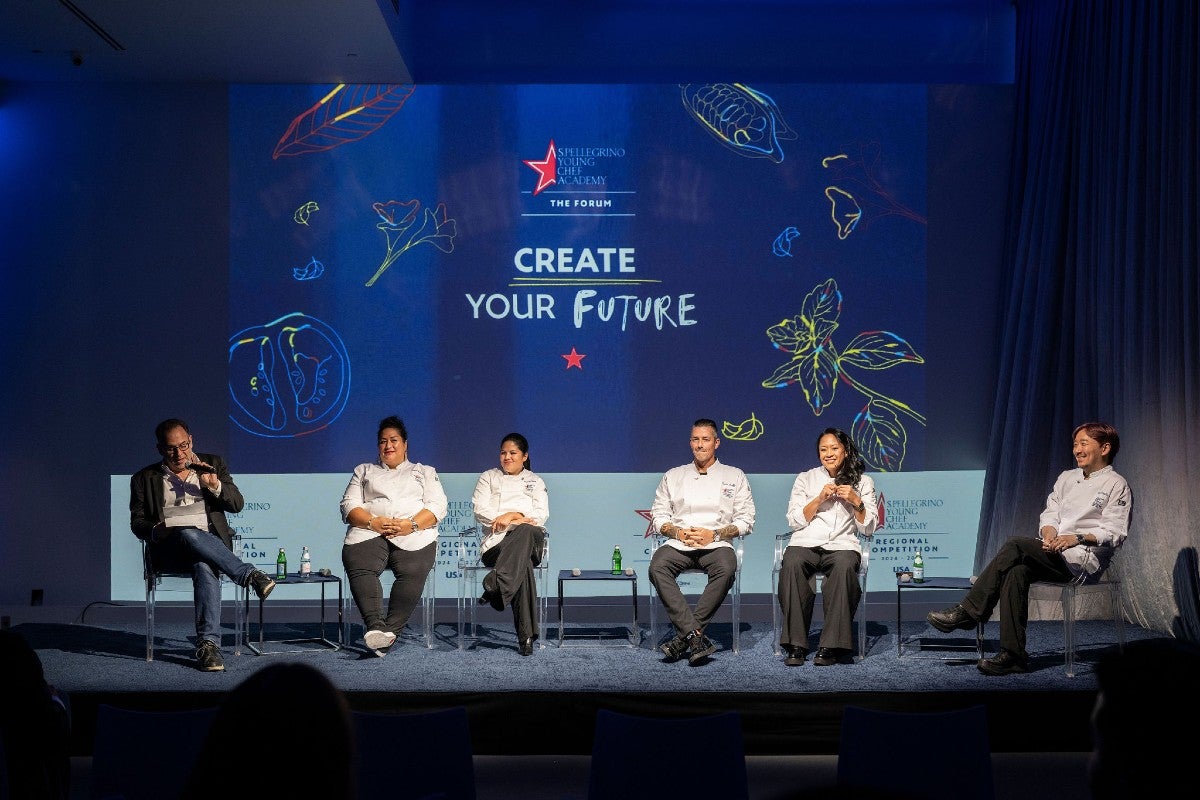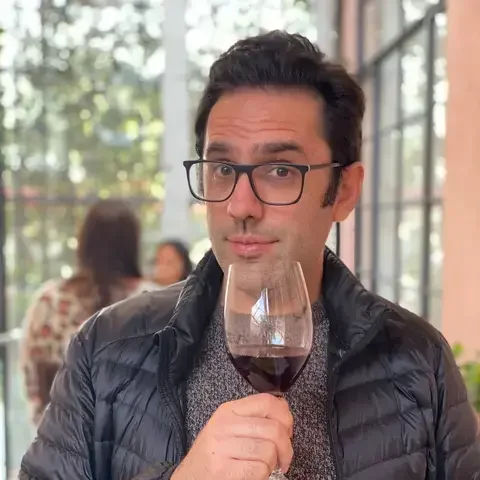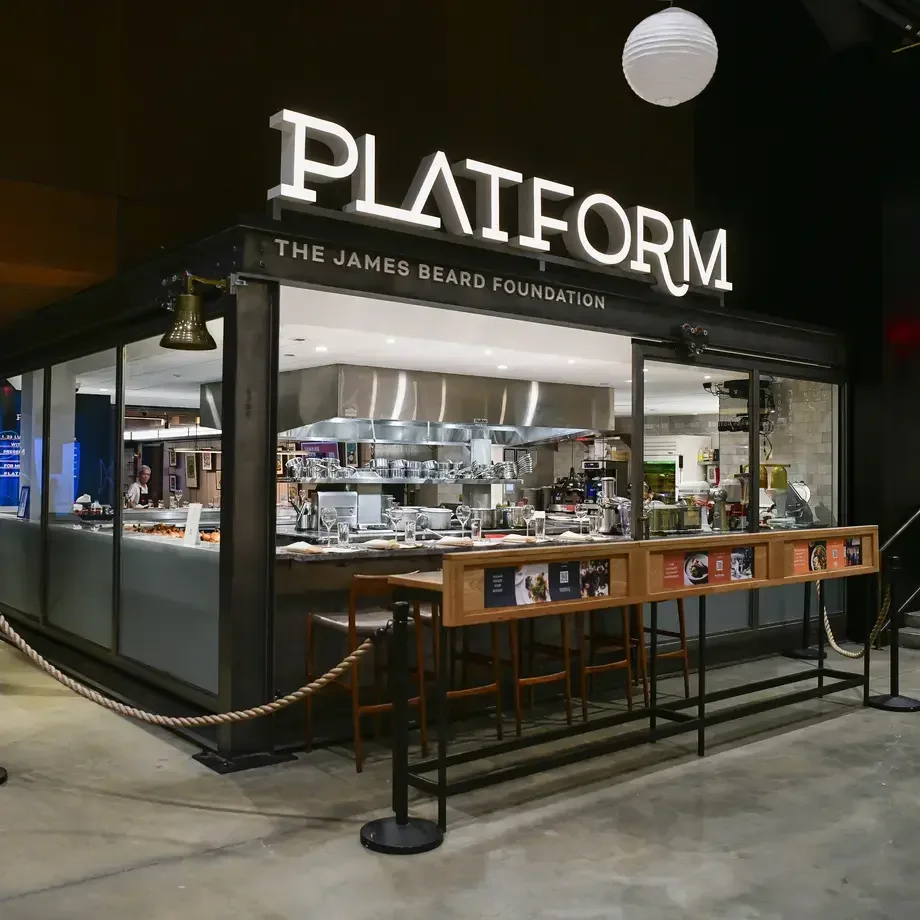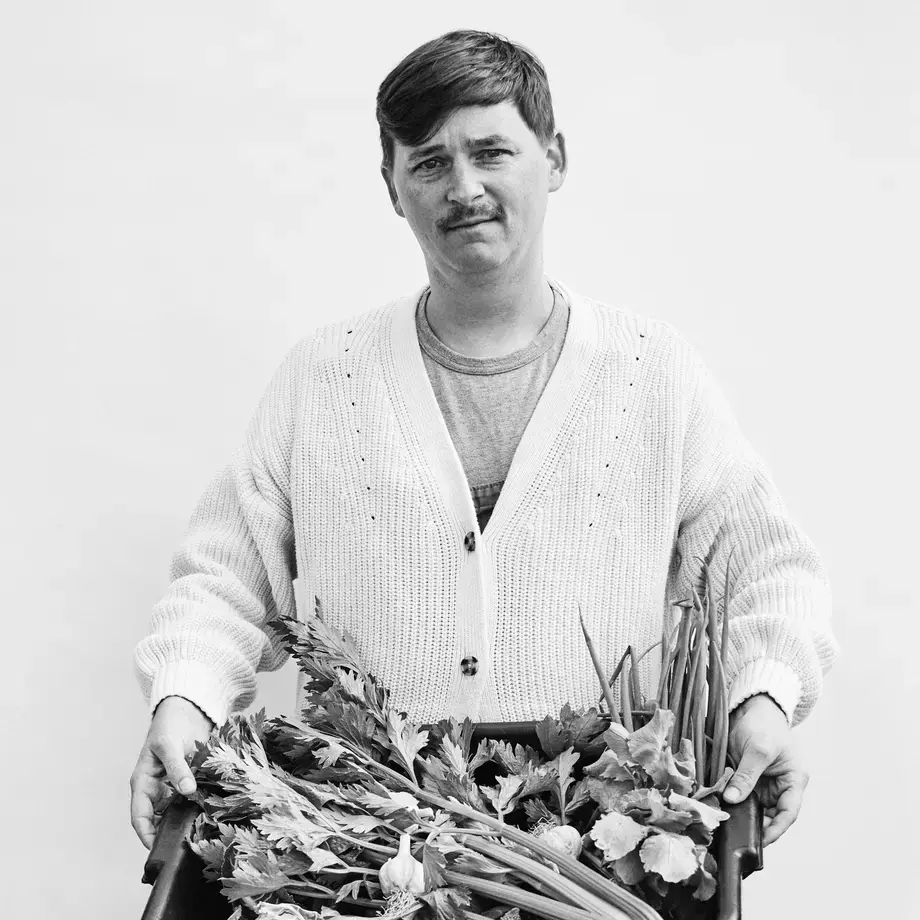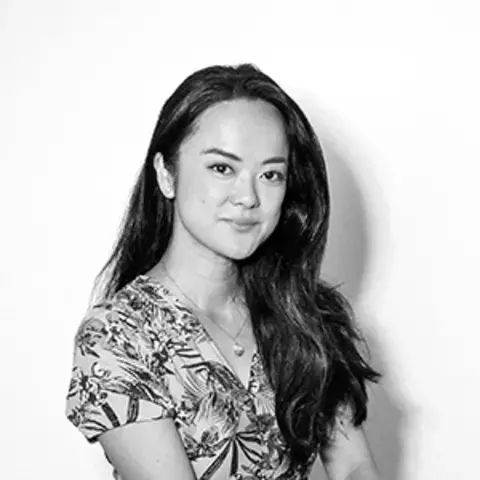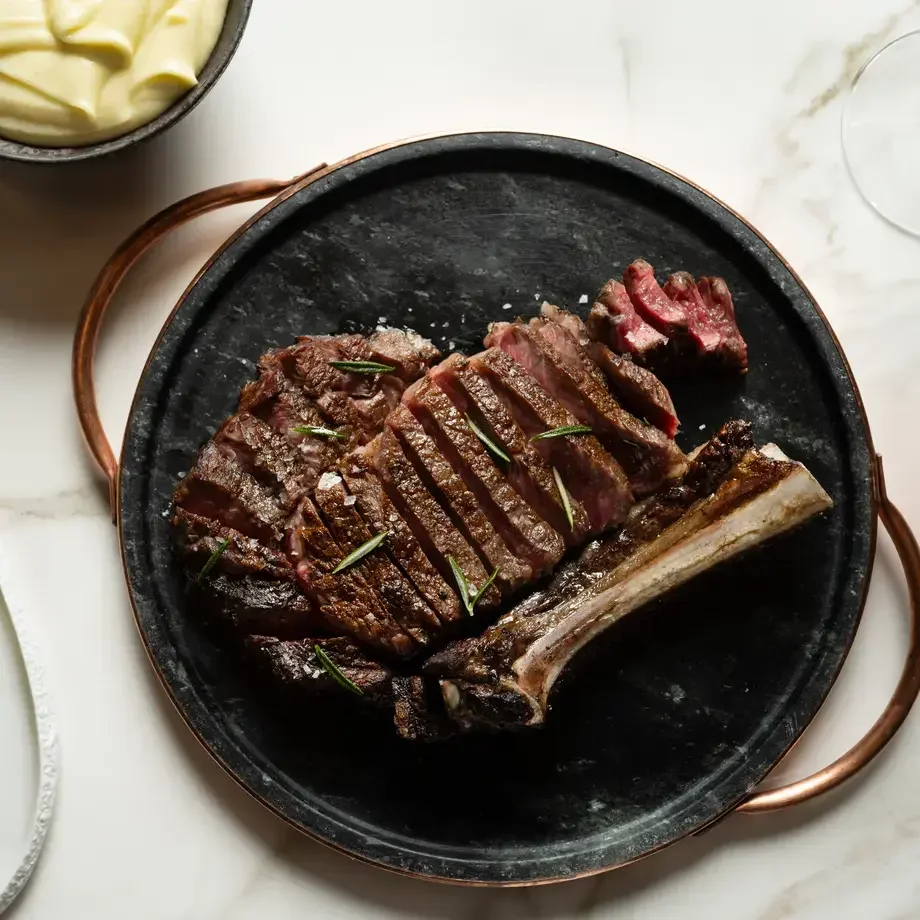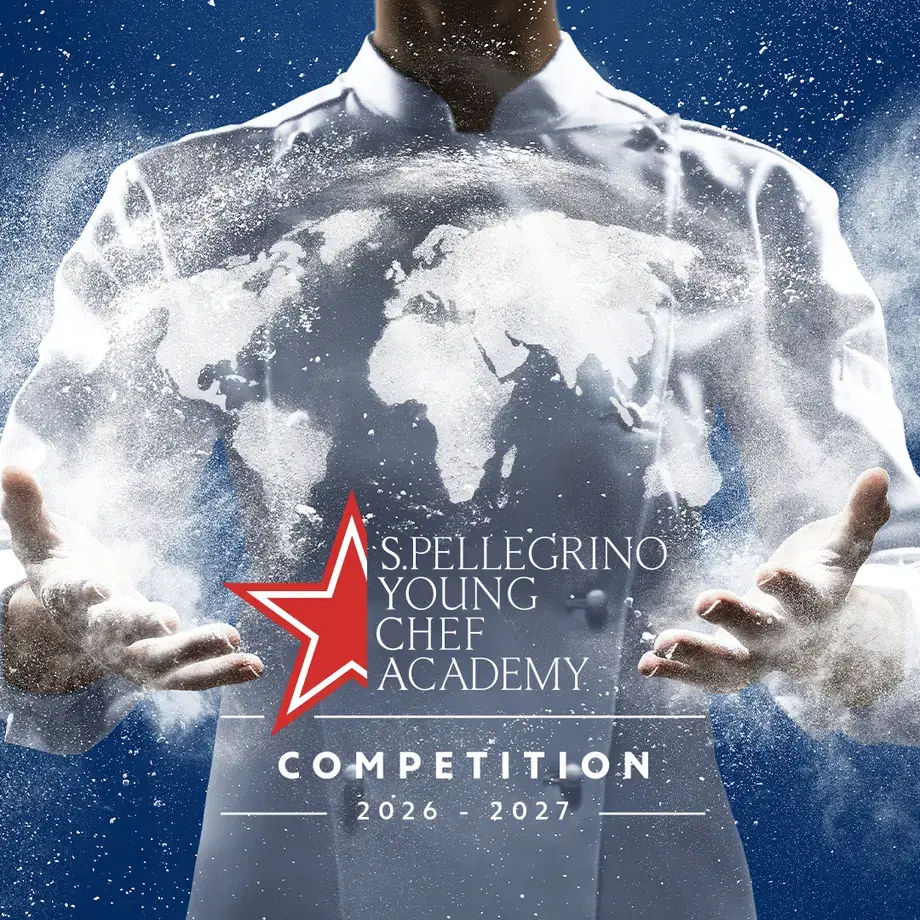Aisha Ibrahim described the unique challenges of taking over the kitchen of an institution like Canlis, which has been operating across a quarter-century and three generations of family ownership, without diluting the elements of Filipino (her native culture), Japanese, and other cuisines that define her style. She highlighted the belief that “all cultures belong on a plate, all cultures are relevant in fine dining,” and detailed how she has gradually woven her defining reference points into Canlis’ menu.
Regarding teamwork, various panel members described their efforts to foster a dynamic where everybody feels comfortable asking questions and not achieving absolute perfection. Ibrahim touched on her belief that young cooks need to know that it’s okay to make mistakes as they develop. She cited her background as an elite-level high school and college athlete and pointed out that when players play scared, they are most likely to make mistakes—the same applies to cooks in kitchens.
The working-environment portion of the conversation sparked some very honest reflection, especially by the chefs who operate in traditional fine-dining settings, Curtis Duffy and Ibrahim. The chefs made a distinction between the abusive kitchens of the past (condemned by all panelists) with the necessary intensity and pressure of all restaurant kitchens and especially those whose food calls for especially exacting cooking techniques and plating styles.
Chef Park made a point of singling out the S.Pellegrino Young Chef Academy as an opportunity for young chefs to connect and grow.
“I think the Young Chef Academy can be a good example [of coming together],” he said. “You guys are competing with each other, but you are also building a community.”


